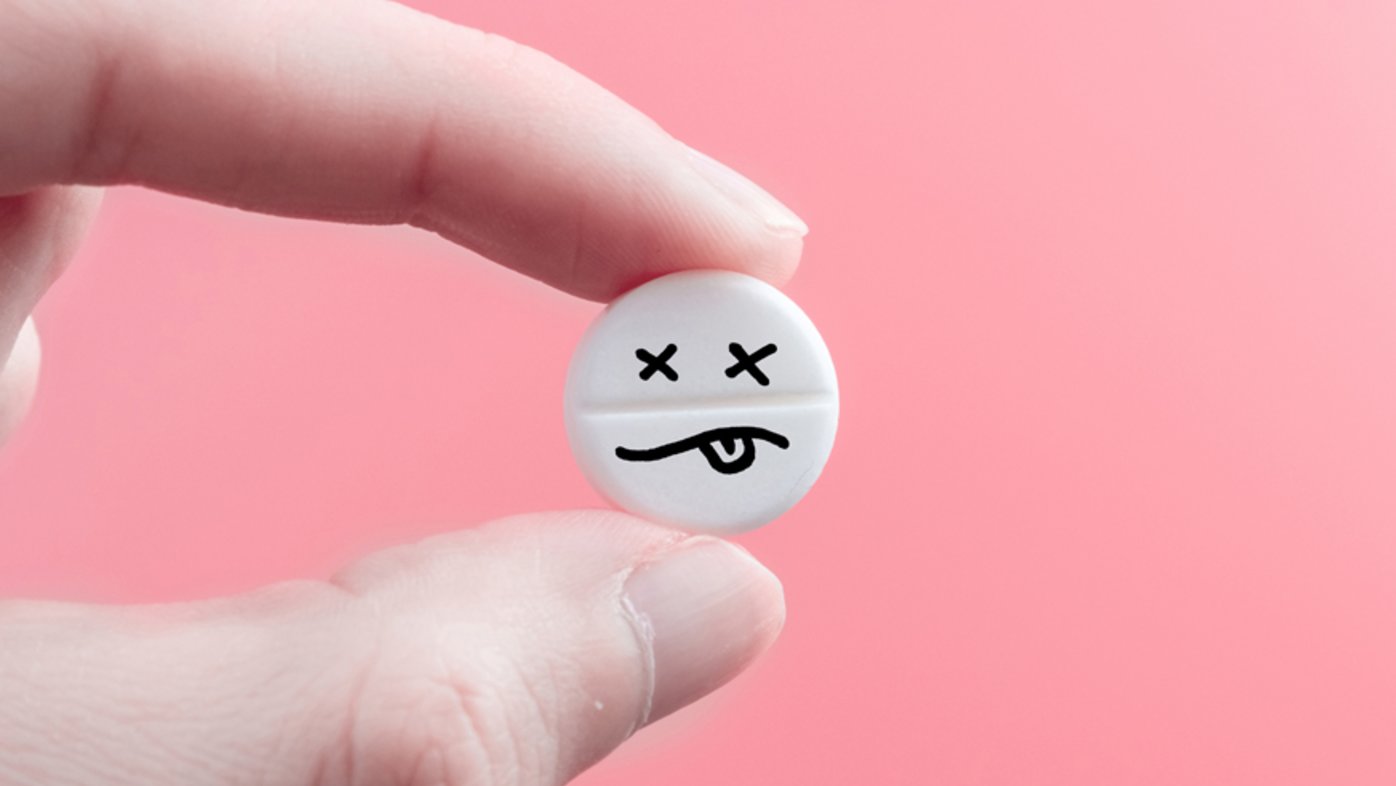
5 things to know about fentanyl
The rise in risky fentanyl use and fentanyl-related overdose in adults — and children — may be due to its easy access and abundant availability.
Teen athletes take a beating. They can get concussions or overuse injuries, break bones and sprain, strain, tear or pull various body parts. However, sometimes it’s not the physical injuries that cause the most pain. Young athletes also suffer mental stress that is neither visible nor repaired by wraps, rest or ice.
The physical and emotional cost of high expectations
The benefits of exercise and participation in sports are well documented. Physical activity can boost mental and physical health, build camaraderie among teammates and boost an athlete’s self-confidence. However, when the focus turns away from the joy of a sport and participation becomes about never being less than the best, winning at all costs or as a means to a college scholarship, teens can find themselves feeling anxious, depressed and overwhelmed.
According to a Pew Research Center survey of American teens, 70% of high school students say anxiety and depression is a major problem affecting their peer group. The majority of teens say they feel pressured to:
Get good grades
Be attractive
Fit in socially
Participate in extracurricular activities
Use drugs or alcohol
Attend a good college
Help families financially and to afford college
Have a well-paying job after college
Teen athletes experience another level of expectation
Student athletes are not immune to these pressures and, in fact, tend to have additional concerns. They are expected to train harder and longer hours than high school athletes in past generations, leaving less time for social activities, sleep and studying; they feel they must always present an image of strength and resilience; and they are expected to serve as role models for others and perform well in all areas of their lives.
“Some main reasons teen athletes feel more stressed than other teens are because higher expectations are placed on them by their parents, coaches and themselves," says Dr. Jyotu Sandhu, a family medicine doctor with Sharp Rees-Stealy Medical Group. “Teen athletes see sports as their main goal and put other things to the side, but we still have the expectation that they will maintain a certain level of academic and social success along with excelling at sports.”
While this phenomena of high levels of stress in student athletes has been identified and some schools are providing increased education on the issue and support for athletes, further challenges come in the form of the teens’ resistance to sharing their struggles with others and their parents’ perceived stigma surrounding mental health issues and the reluctance to seek appropriate care.
However, with teen suicide rates rising — reaching the highest levels since 2000 with 6,241 teens and young adults in the U.S. dying by suicide in 2017 — the adults around them cannot afford to delay or withhold mental health care from the teens they love, coach or teach.
How parents can help set realistic expectations
Dr. Sandhu says that parents can begin to help their kids years before they begin their high school sports careers by starting early in a child's development to build character and self-esteem. Parents, teachers and coaches may also need to rethink the expectations they put on kids, often without realizing the affect those expectations may have.
For example, parents should consider the following:
Are kids pushed to play in competitive leagues for which they may not be ready?
Do parents help their children foster participation in activities and friendships unrelated to their sport?
Are practice schedules and academic workload affecting their student’s sleep, social life and general well-being?
If a parent pays for private training for their athlete or for expensive year-round traveling club teams, do they imply that this investment should lead to sports-related scholarship funds in college?
If a young athlete becomes injured and can no longer play their sport — or simply no longer enjoys playing a sport — do they have other interests and goals to sustain their feelings of self-worth?
Does their child have someone they can turn to if they are struggling at school, in their private life or related to their sport and do they know how to ask for support?
“Parents and coaches should work together to focus on the athlete's overall well-being rather than the outcome of the sport,” Dr. Sandhu says. “Provide academic assistance and mental health counseling when needed and help teens understand that they are a special individual who is defined by all aspects of their life — their sport is just one part of their character, not the defining part.”
If you or someone you know is considering suicide, seek help as soon as possible. The National Suicide Prevention Hotline is available 24 hours a day at 1-800-273-8255.
Our weekly email brings you the latest health tips, recipes and stories.